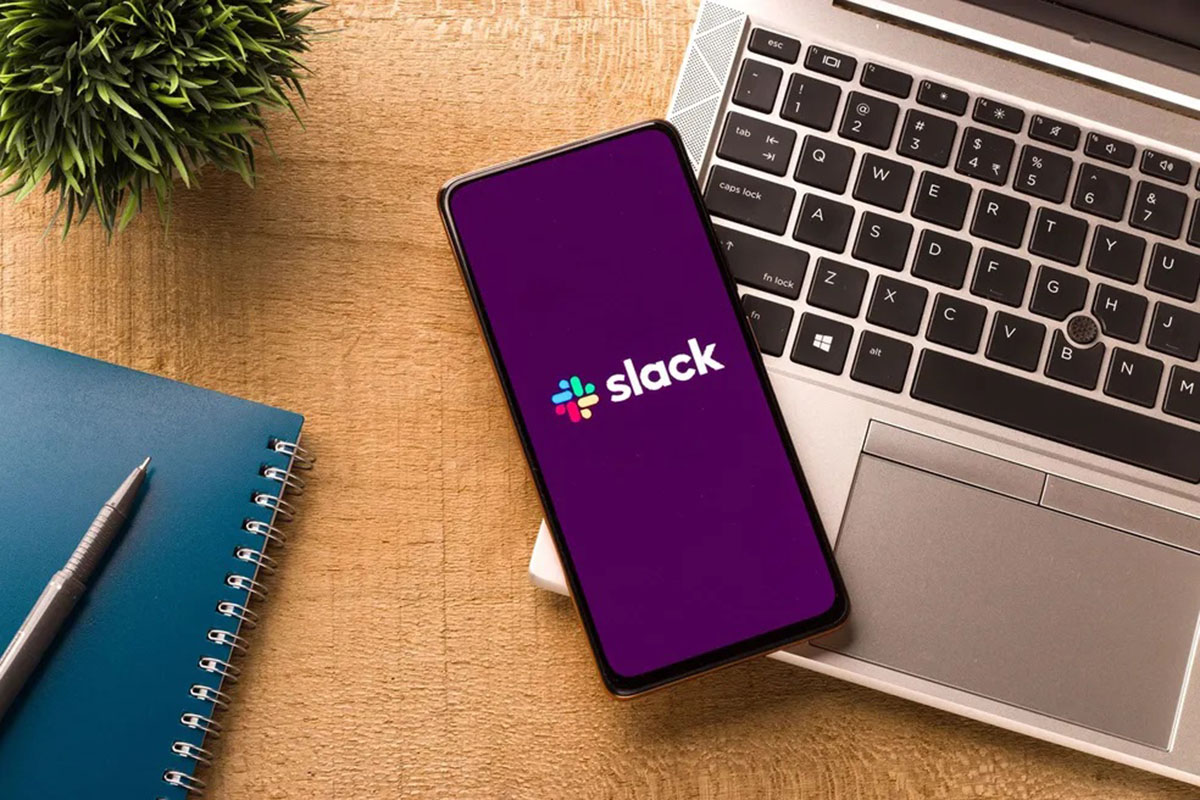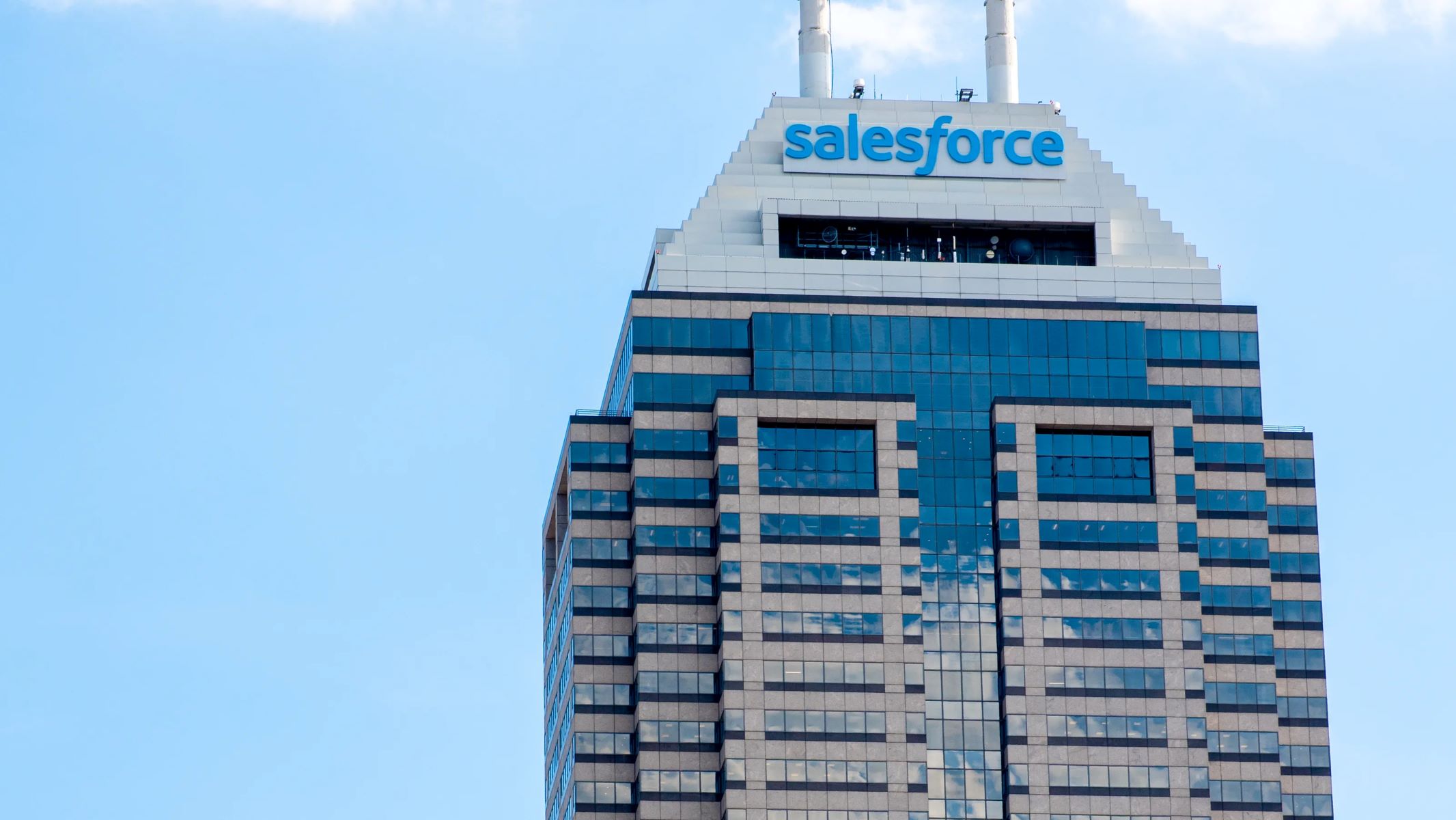As the largest healthcare strike in U.S. history takes place, with 75,000 workers at Kaiser Permanente protesting against burnout and low wages, the healthcare giant has struck a deal with Paris-based AI startup Nabla. The deal entails implementing Nabla’s AI Copilot to assist doctors and clinicians in reducing their administrative workload, allowing them to focus more on patient care.
Key Takeaway
Kaiser Permanente’s partnership with Nabla’s AI Copilot aims to alleviate doctors’ administrative burden, allowing them to focus more on patient care. As the healthcare industry recognizes the value of AI in streamlining processes, other companies like Corti are also working on AI solutions to assist clinicians. The implementation of AI technology in healthcare raises important considerations for labor groups, as seen with the ongoing strike by SAG-AFTRA actors union over concerns about AI impacting their work and compensation.
AI Copilot to Streamline Administrative Work
Kaiser Permanente will initially roll out Nabla’s AI Copilot to physicians in Northern California, covering a network of 10,000 doctors. The AI assistant will transcribe conversations and assist with tasks such as note-taking, alleviating the burden of administrative work. While the use of the AI Copilot is optional, if it proves successful, there are plans to expand its implementation across Kaiser Permanente’s entire network.
The collaboration between Nabla and Kaiser Permanente began with a two-week pilot of the service, which yielded positive results. It is worth considering whether the ongoing labor actions played a role in expediting the commercial agreement.
It is important to note that neither Nabla nor Kaiser Permanente are developing tools to replace doctors’ clinical work, emphasizing that the AI Copilot is solely intended to support administrative tasks.
Addressing the Administrative Burden in Healthcare
Nabla’s AI Copilot addresses the time-consuming administrative tasks that doctors and clinicians are required to complete after seeing patients. These tasks, including compliance forms and documentation, often take hours to complete each day, leading to burnout and additional strain on healthcare professionals.
The AI Copilot functions as a virtual assistant, listening to patient interactions and matching the information with supplementary documents. It then translates the data into various document-based endpoints, such as prescriptions, follow-up appointment letters, and consultation summaries. In the pilot phase, doctors using Nabla’s Copilot were able to reduce their administrative time by 1.5 hours.
Nabla’s Copilot originally utilized GPT-3, an advanced language model developed by OpenAI. However, the service has since upgraded to GPT-4, which further enhances its capabilities. While the majority of the service now runs on Nabla’s own language model, GPT-4 is still utilized for certain tasks to ensure accuracy and quality.
Investment and Future Plans
Nabla has raised approximately $23 million in funding from notable investors, including Tony Fadell, Firstminute Capital, and Artemis. The company is currently in discussions with investors to secure additional funding for future growth and development.

























